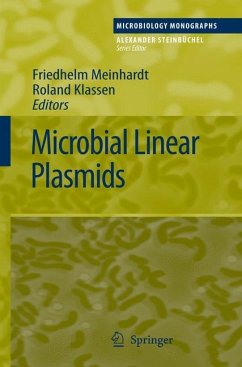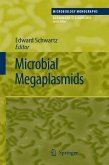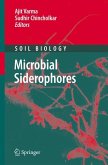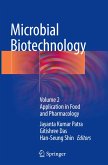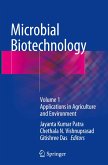Linear plasmids of microbes represent a heterogenous group of extrachromosomal genetic elements initially assumed to be rare and peculiar. However, we now know that they are fairly frequently occurring plasmids in bacterial and eukaryotic species. Viral strategies to avoid shortening of the linear molecules during replication imply a common ancestry. Linear plasmids may be beneficial, neutral or detrimental for the respective host; functions include production of protein toxins, specific catabolic capabilities, antibiotic resistance, pathogenicity factors, and senescence induction.
Microbial Linear Plasmids constitutes the first attempt to comprehensively assemble current knowledge of different types of such elements, highlight recent developments in the field, and challenge the distinction between viruses and linear plasmids.
Microbial Linear Plasmids constitutes the first attempt to comprehensively assemble current knowledge of different types of such elements, highlight recent developments in the field, and challenge the distinction between viruses and linear plasmids.

